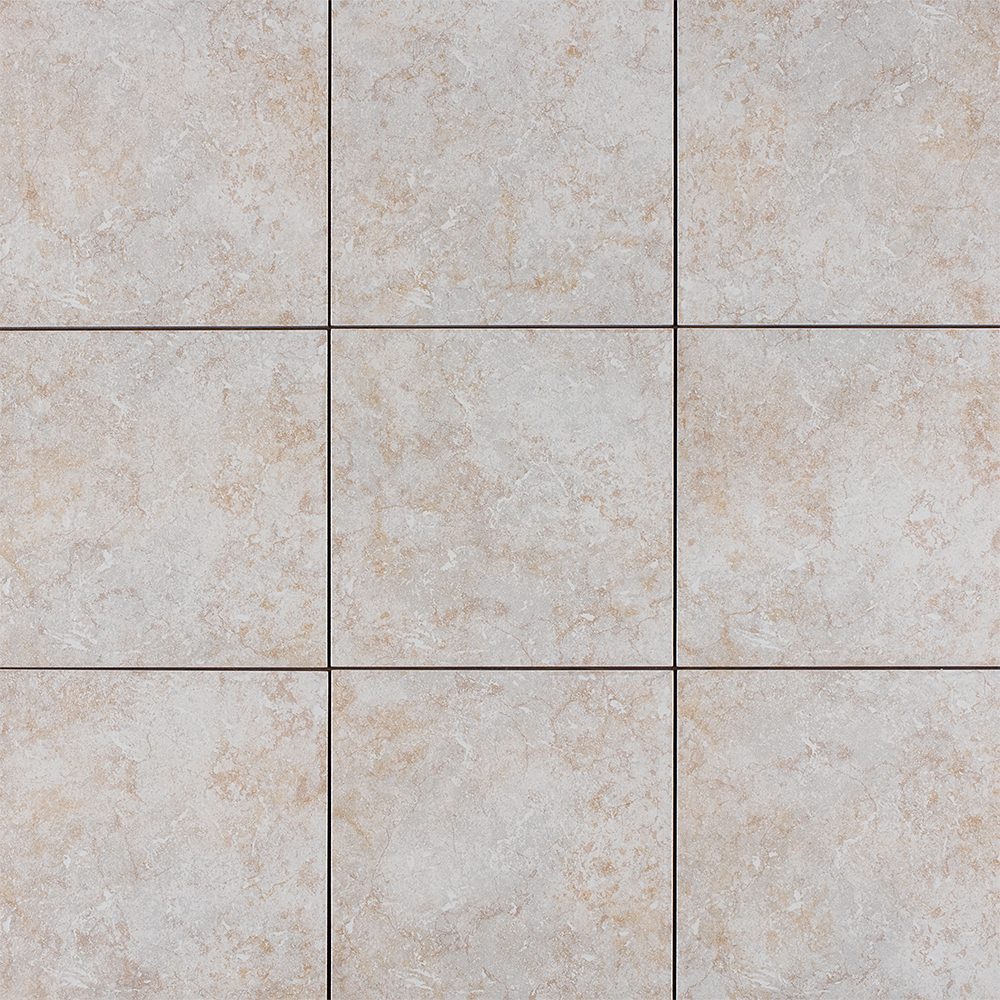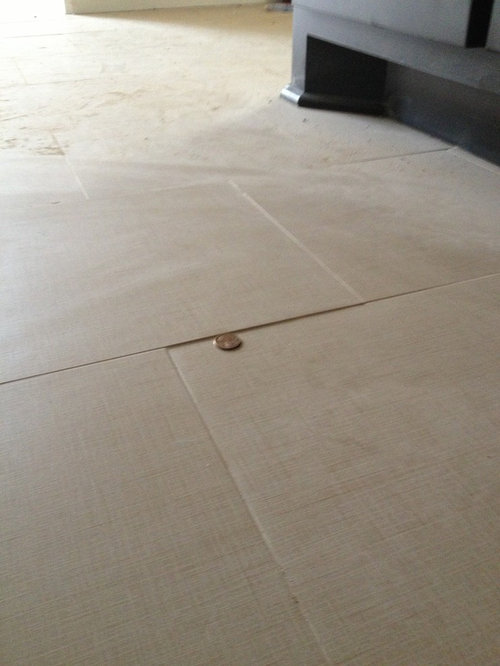For over 50 years concrete floor surface tolerances were typically measured and described by the maximum gap allowed under a 3000 mm 10 foot long straightedge.
Tile floor flatness tolerances.
The ansi a108 02 standards say that acceptable lippage for floor tiles with a grout joint width of 1 16 to less than 1 4 is 1 32 plus the allowable inherent warpage of the tile.
On a large floor the surface should also be flat within 15mm of the datum or as per the architects specified tolerance.
For a paver tile commonly used on floors the allowable warpage is defined as follows.
The subfloor or underfloor as i like to call it shall not deviate more than 3 16 of an inch in ten feet photo 1 shows a ten straight edge.
The standard simply defines the required flatness of a concrete subfloor.
The following appendix is a discussion on floor flatness measurement methods and is provided for general information only 01 history of flatness and levelness measurement of concrete substrate surfaces to receive flooring.
F numbers provide architects and contractors a method of determining the flatness and levelness of a concrete floor slab.
The ansi a137 1 standard defined allowed warpage according to the type of tile.
I don t know the equivalent wall building tolerance.
In the case of surface flatness a straight edge on the diagonal can be used to measure centre and edge curvature and warpage.
There are tolerances for tile lippage.
Guide to the installation of ceramic tiles on page 53.
When measured as described in astm c 485 the warpage of each tile in the sample shall not exceed 1 0 percent along any edge nor 0 75 percent on either diagonal.
Installation instructions from most major flooring manufacturers reference astm standard f 710 for hard surface resilient flooring.
For many internal ground floors the most suitable tolerances to be worked to are free movement classifications fm as defined in tr34 by the concrete society a floor is classified as free movement if it can be driven around freely by vehicles such as forklifts without too many obstacles such as columns or walls.
Rectangularity and surface flatness.
3 these f numbers use dimensionless symbols to designate both flatness and levelness and are designated as.
They are calculated using the standards set forth in astm e1155 which is the standard test method for determining f f floor flatness and f l floor levelness numbers the american concrete institute indicates acceptable ranges for flatness and levelness in aci 302 1 guide.
B installation tolerances for tiles after they are installed this is described in as 3958 1 1991 ceramic tiles part 1.
Many manufacturers of wood flooring require that the variation in floor flatness be no more than 3 16 in 10 and 1 8 in 6.
Areas within 1 5 meters of walls columns or.
The same tests apply for the flatness of a floor substrate and floor tiling.


























